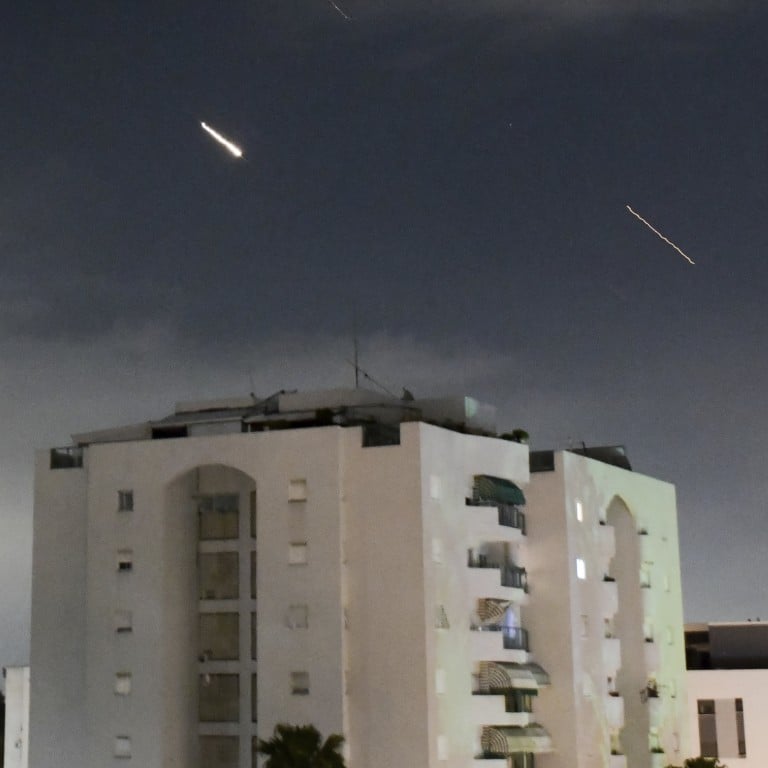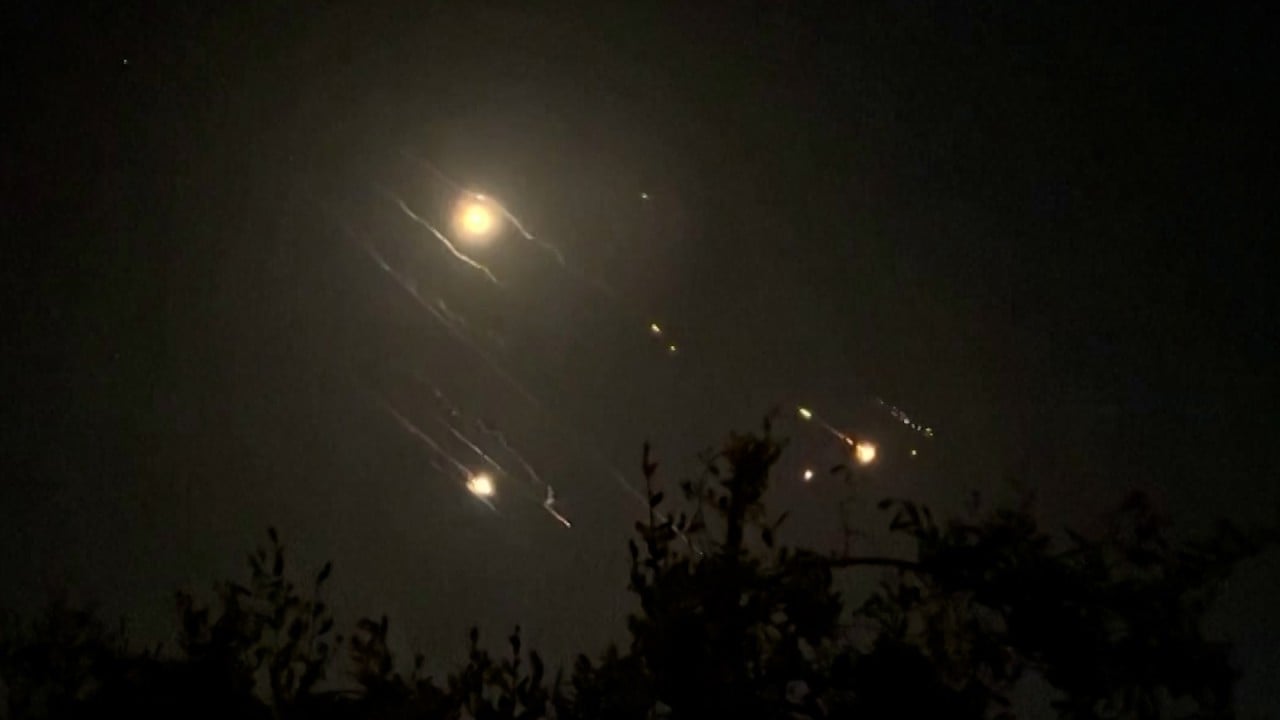
Israel-Iran showdown puts the whole world in uncharted territory
- Iran’s launch of more than 300 drones and missiles towards Israel has major implications for geopolitics beyond the Middle East
- The escalation highlights regional divides, changing attitudes towards the US and a shifting focus away from other conflicts
The attack represents a new status quo for the Middle East. Whatever stability and optimism existed previously is now effectively gone. It is all but assured that Israel will retaliate, and Tehran has warned that such a move would draw an even greater Iranian response.
The consequences of the Israel-Iran showdown will be global, representing one of the most significant geopolitical moments in the 21st century. It adds another dimension to the geopolitical landscape at a time when the world is already facing a myriad of crises.
One of the biggest consequences is for the United States. Iran’s actions show that the world now views America differently. This is a hard pill for Washington to swallow. Just a short time ago, Iran would have never dared to take such bold, direct action against Israel. But now it has done just that. This is a telling sign: US adversaries are willing to test Washington like never before and are willing to do things that were once unthinkable.
While Iran is one headache for the US, closely watching in the background are Russia, China and North Korea, all of whom have their own geopolitical agendas. In the capitals of these countries, a new line of thinking may well have surfaced: if Iran can go this far, how far could we push things?
Then, there is the split in the Middle East itself. It was not just Western nations that came to Israel’s defence. Jordan closed its airspace and then intercepted Iranian drones and missiles with its own forces. It was a surprising move, given that just a few months ago, Jordan pulled out of a renewable energy deal with Israel and the United Arab Emirates. Now, suddenly, Jordan is coming to Israel’s defence.
Thus, a new divide is opening up in the Middle East, between those willing to stand with Israel and those wanting to keep their distance.
This comes at a pivotal moment – before the Iranian attack, the Arab world was largely united in its disapproval of Israel due to the unfolding events in Gaza. Now, the Middle East faces being divided into those supporting Israel against Iran and those who prefer to remain quiet.
This strategy failed. Even if China tried to discourage retaliation, it clearly fell on deaf ears. This calls into question China’s true power. In times of crisis, if China cannot change the outcome of situations, then where exactly do Beijing’s true strengths lie?
Hamas’ October 7 attacks on Israel had already shifted the spotlight from Europe to the Middle East. The latest flare-up will only see the Ukraine war slipping further into the background for now, which will be a welcome sight for Moscow. The world’s eyes are glued on Israel and Iran. Nobody wants a storm, but everybody can hear the wind blowing.

However, even without a full-scale war, the floodgates of change have already been opened. Iran’s actions represent a new chapter for the Middle East, and the world at large, in how nations think and how geopolitics works.
As the drums of war beat louder, the world is on the precipice of yet another cycle of transformation, potentially even bigger than that which the Ukraine war unleashed. Everybody will be affected. And little is standing in the way of what is to come.
Abishur Prakash is the founder of The Geopolitical Business, an advisory firm in Toronto


